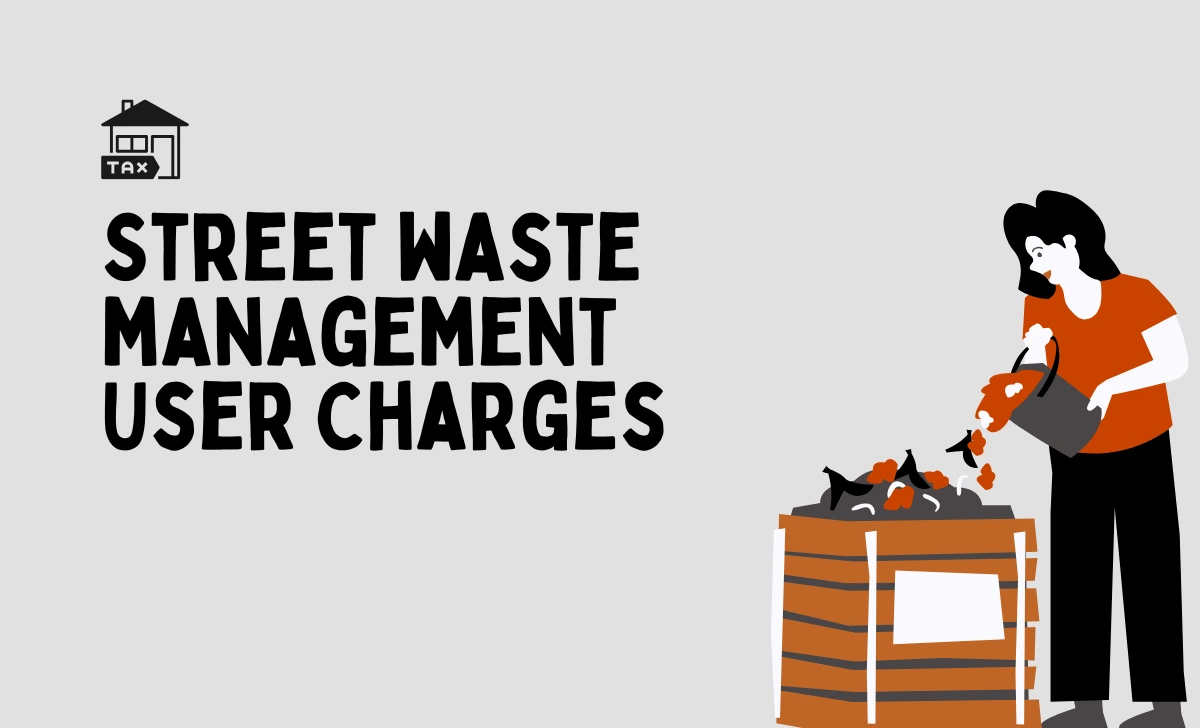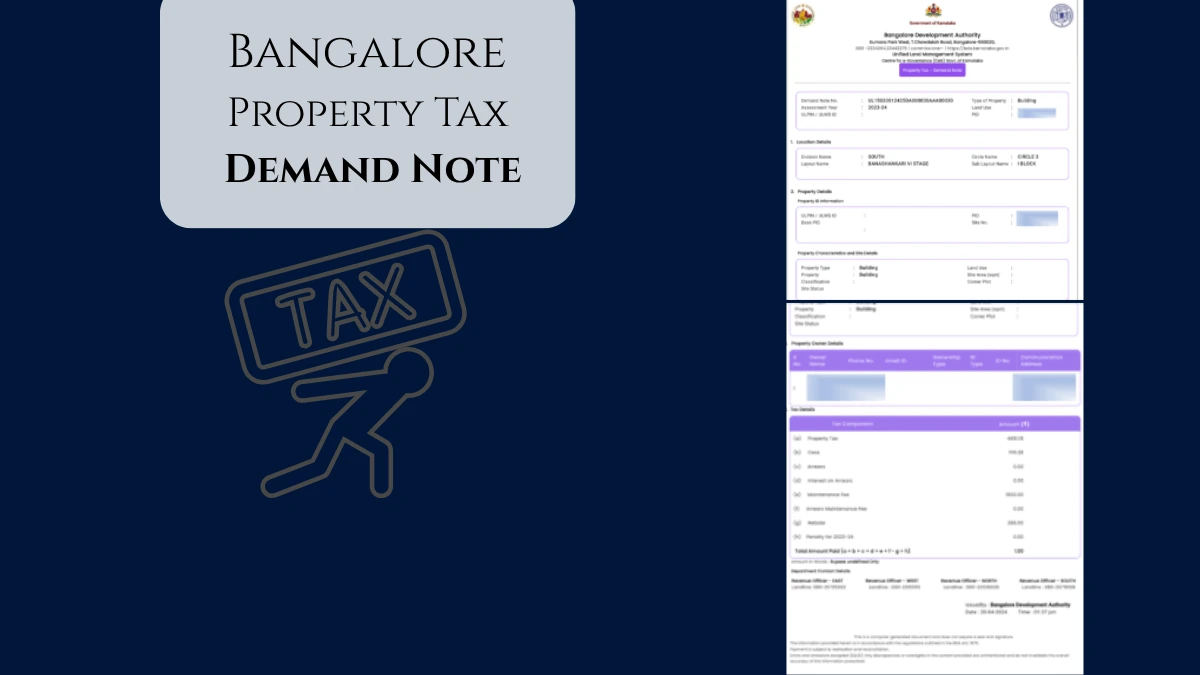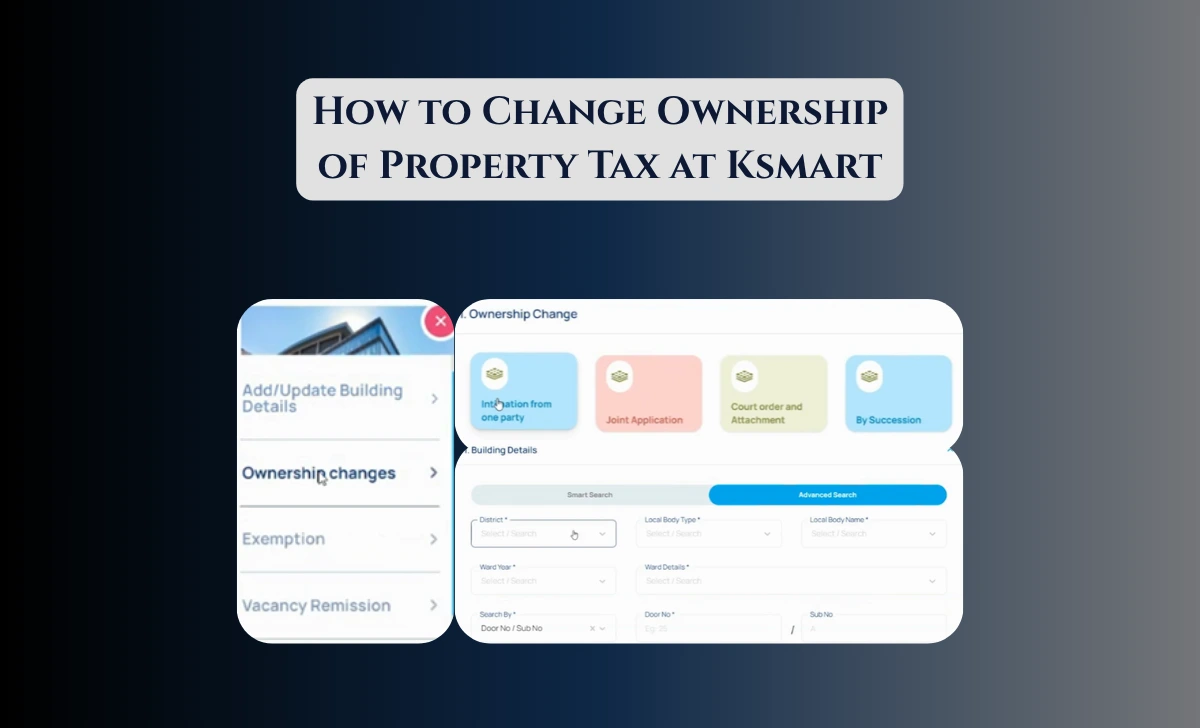SUC means in property tax is a user charge for waste management services provided by your local municipality.
The SUC full form in municipality terms is Street Waste Management User Charges. This charge is calculated based on your property’s size, how it’s used (residential, commercial, etc.), and its location.
The idea is simple: properties that generate more waste or put more strain on public infrastructure pay a little more.

SUC Tax Meaning and its Purpose
Why do we need SUC tax? What does it achieve?
SUC tax meaning is all about making sure our cities stay clean and healthy. The revenue from SUC in property tax is used for:
- Funding waste collection vehicles and equipment
- Employing sanitation workers
- Running recycling and waste segregation programs
- Maintaining public hygiene and environmental sustainability
By paying SUC tax, you’re directly supporting cleaner streets, reduced pollution, and even job creation in your community.
Property Tax SUC Meaning and Calculation
How is the property tax SUC meaning reflected in my bill? How do they calculate it?
SUC in property tax meaning is that it’s a component of your overall property tax bill, but it’s earmarked specifically for waste management. Here’s how it’s typically calculated:
- Property Size: Larger properties pay more.
- Usage Type: Commercial or industrial properties usually pay higher SUC tax than residential ones.
- Location: Urban properties may have higher rates due to greater waste management needs.
- Billing Method: Some cities use a fixed fee, others use a variable rate based on annual rental value or built-up area.
| City | Residential SUC (per month) | Commercial SUC (per month) |
|---|---|---|
| Mumbai | Rs 60 | Varies by usage |
| Delhi | Rs 50–200 | Rs 100–5,000 |
| Bangalore | Rs 30–500 | Integrated with electricity bills |
| Chennai | Rs 10–100 | Rs 300–15,000 |
What is SUC in property tax in Tamil Nadu? Is it different?
In Tamil Nadu, SUC in property tax is calculated based on the property’s purpose and annual rental value.
For residential properties, charges range from Rs 10–100 per month, while commercial or religious buildings may pay Rs 300–15,000 per month, depending on their use.
The approach may vary by municipality, so always check with your local authority for the latest rates.
Are there any exemptions from SUC tax?
Yes, certain properties may be exempt from SUC tax, including:
- Properties owned by charitable institutions or religious organizations
- Buildings dedicated to public welfare purposes
Always confirm with your municipality for specific rules in your area.
Why should I care about SUC in property tax?
Knowing about SUC in property tax helps you understand where your money goes and how you contribute to a cleaner, healthier city. It also ensures you fulfill your tax obligations responsibly and can help you spot any errors in your property tax bill.
Remember: SUC in property tax is more than just a fee, it’s your contribution to a cleaner, greener city and a healthier environment for everyone.





